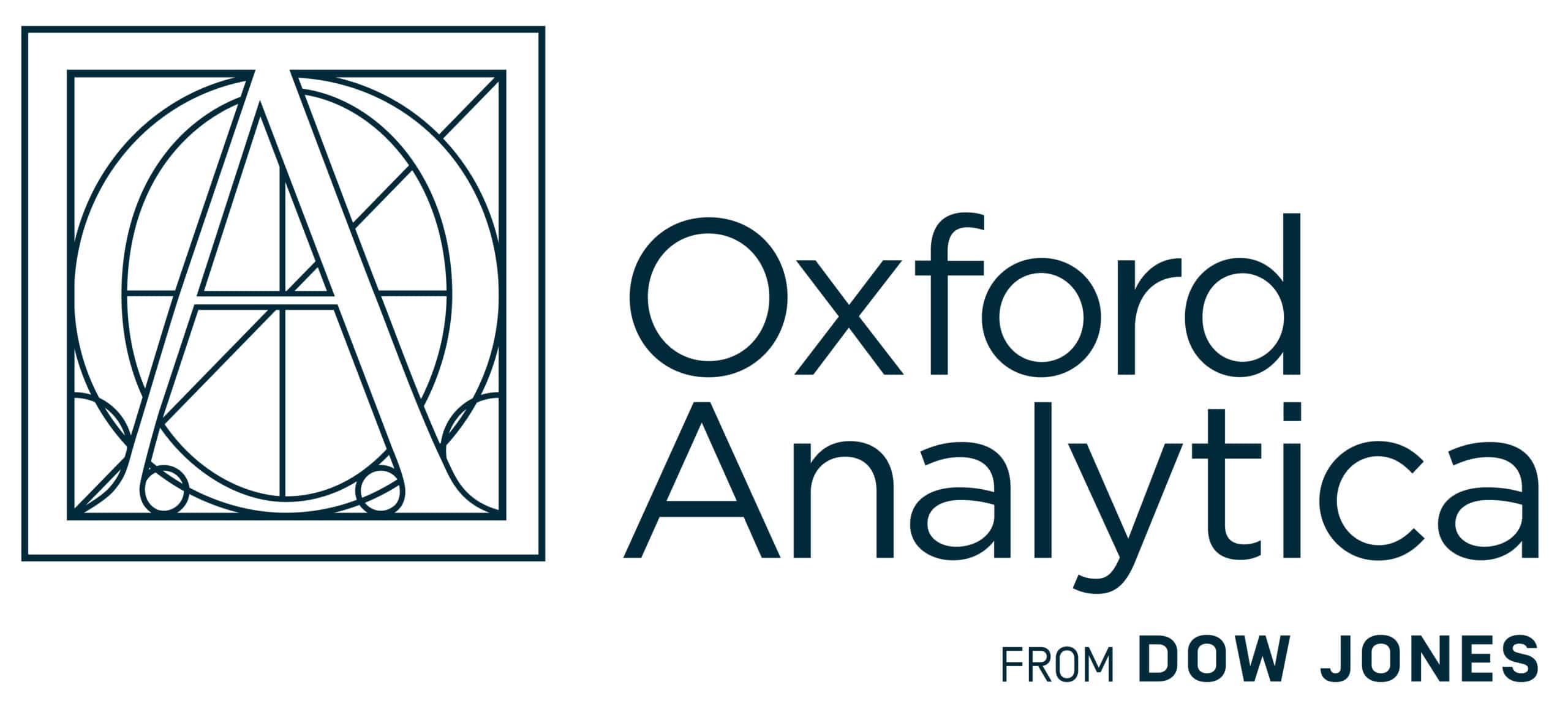A firewall designed to curb perceived online threats is prompting a backlash
Last month, Pakistani officials confirmed the installation of an internet firewall that, as reported by local media, can “track, block or significantly limit” access to content the government considers propaganda. The initiative has sparked concerns about its potential to stifle dissent and has drawn strong criticism from human and digital rights advocates both in Pakistan and internationally.
What next
Subsidiary Impacts
- If millions of aggrieved young people find themselves unable to use the internet to express dissent, radicalisation risks could increase.
- Pakistani diaspora politics could become stormier, with angry expatriate opposition supporters staging rallies abroad.
- The partnership with China could receive a boost thanks to new opportunities for information-sharing and firewall maintenance.
Analysis
Approximately 111 million people — roughly 45% of Pakistan’s population — are connected to the internet. Penetration rates have increased in recent years, with around 27 million additional users connected between January 2023 and January 2024.
The firewall will have a significant impact on many users, largely due to the country’s inadequate tech infrastructure. Use of fibre cables, which offer the fastest and most reliable internet connections, is low in Pakistan, leading to some of the slowest internet speeds. In contrast, China, with its robust tech infrastructure and high internet speeds, experiences less disruption to internet reliability from its ‘Great Firewall’.
VPNs, which were previously used as workarounds to evade slow connections and access banned content, will now be disrupted, according to digital rights groups.
Online political activism
The firewall’s impact on activism could be extensive, as the internet has become one of the only remaining spaces for dissent in Pakistan.
In recent years, amid growing crackdowns on traditional media and curbs on the offline activities of government critics, dissidents have embraced online platforms.
At the same time, the internet has become policed more tightly, with social media platforms routinely banned and new laws enabling the authorities to use internet security imperatives as pretexts to crack down on online dissent.
The military — the most powerful actor in Pakistani politics — has increased its scrutiny of social media posts. Many dissidents now use anonymous accounts in a bid to avoid intimidation and arrest (see PAKISTAN: Military’s influence will grow – September 28, 2023).
The internet is policed increasingly tightly
Amid this heightened vulnerability of online spaces to state clampdowns, the firewall will make it even harder for Pakistanis to use the internet to criticise the government.
Opposition
The impact on the main opposition Pakistan Tehreek-e-Insaf (PTI) — the party of jailed former premier Imran Khan — will vary (see PAKISTAN: Arrest further roils prospects for polls – May 10, 2023).
The PTI has by far the largest social media presence of any party in Pakistan. It uses multiple platforms — including X, Instagram, Tiktok, Facebook and WhatsApp — to inform, critique and mobilise. Its effective use of social media for get-out-the-vote campaigns helped it earn the largest number of seats in national elections earlier this year, despite massive restrictions on the party.
The firewall therefore will undermine a key strength of the PTI. If the party can no longer organise online, it will face a significant setback, especially as it deals with the challenges of having many top leaders in jail. Some leaders have switched to another party or left politics due to pressure from the authorities.
Still, the party will be able to evade the firewall to an extent, because it has a large number of senior figures and supporters based outside Pakistan. Many reside in the West, particularly in Australia, Canada, the United Kingdom and the United States, where they face few or no government restrictions on internet use.
Senior PTI leaders in Chicago have hosted X Spaces with tens of thousands of supporters (based abroad), and pro-PTI YouTubers in London generate millions of views for content that is deeply critical of the civilian and military leadership in Pakistan.
Since such activities are perfectly legal in the countries where these PTI and pro-PTI expatriates reside, Islamabad is unlikely to receive any support from foreign governments in its efforts to curb this content.
Economy
The firewall will likely slow down and disrupt internet connections for many users, and with VPNs struggling to bypass these issues, the harm to the economy could prove significant.
The Pakistan Software Houses Association estimates that the firewall will cost USD300mn to the economy, but the actual figure may end up being much higher.
Pakistan’s tech industry — by far the most vulnerable sector — has emerged as a quiet success story. In June 2024, it recorded nearly USD300mn in IT export revenue, representing a 33% year-on-year increase.
Total IT export revenue for the last fiscal year, which ended in June, reached USD3.2bn. Therefore, if the firewall were to strip the IT industry of just one-third of its annual export revenue, the losses to the sector would amount to more USD1bn (see PAKISTAN: Long struggle is ahead to strengthen economy – July 24, 2023).
The IT sector could incur major losses because of the firewall
Businesses beyond the IT sector will be impacted as well. Because the firewall targets popular online communication platforms such as WhatsApp, many companies will face challenges engaging in online marketing, publicity and customer services. Online banking services will face disruptions, and manufacturing and agricultural companies will encounter challenges in using the internet to order equipment and manage technology operations.Higher education and research institutions will struggle to conduct online research.
Outlook
Pakistan’s leadership will be in no rush to remove the firewall. It has long shown a willingness to stifle the internet, although it denies such intent. Past measures include periodic bans on social media platforms, outright suspensions of the internet and references to the threat posed by online propaganda and fake news (often a euphemism for online dissent) to the Pakistani state.
The government and military are embroiled in a confrontation with Khan and his supporters and will want to deny them the online spaces they have long leveraged to mount criticism and mobilise.
Moreover, Pakistan has legitimate concerns regarding internet security. Recent research suggests that Indian agents have employed Pegasus software and other methods to hack and surveil Pakistani targets. Pakistan takes all proven or alleged threats from its neighbour extremely seriously.
Pakistan has legitimate concerns regarding internet security
If there is any scenario under which Pakistan could change course, it would be pressure from foreign tech companies.Pakistan strongly promotes its digital economy and is trying to court global tech giants. Earlier this month, a tech expo in Karachi attracted over 70,000 people, including representatives from Google, TikTok and Microsoft.
If these companies refuse to operate in Pakistan until the firewall is lifted, officials may relent.



